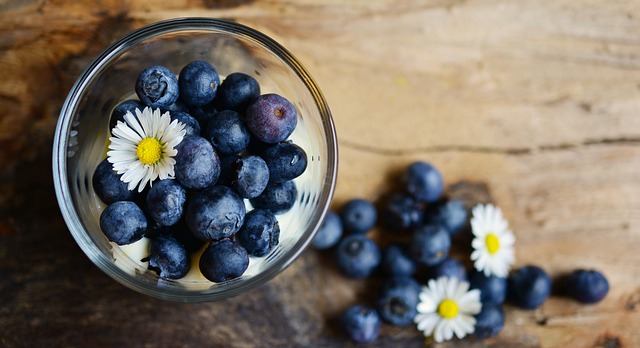Probiotics: The Secret Ingredient for a Healthy Gut
The human gut is home to billions of microorganisms that play a crucial role in digestion, immune system function, and overall health. Maintaining a healthy gut microbiome requires a delicate balance of various bacteria, viruses, and other microorganisms. Unfortunately, factors such as antibiotics, poor diet, and stress can disrupt this balance and lead to gut dysbiosis, which in turn can cause a host of health problems, including digestive issues, weakened immune system, and mental health problems.
Probiotics are live microorganisms that can be consumed through fermented foods or supplements to help promote a healthy gut microbiome. These beneficial bacteria can help restore balance in the gut, enhance nutrient absorption, and reduce inflammation throughout the body.
There are dozens of different probiotic strains available, each with its own unique benefits. Some of the most popular probiotic strains include:
- Lactobacillus acidophilus: This strain of bacteria is commonly found in the human gut and is known for its ability to support immune function, improve lactose intolerance symptoms, and combat vaginal infections.
- Bifidobacterium bifidum: This probiotic strain is particularly effective at combating inflammation in the gut and reducing symptoms of irritable bowel syndrome (IBS).
- Lactobacillus plantarum: This versatile bacteria strain helps support overall gut health and can improve nutrient absorption, reduce inflammation, and promote healthy weight management.
While probiotics are generally considered safe for most people, it’s important to choose the right strain and dose for your specific needs. It’s also important to note that not all probiotic supplements are created equal. When shopping for a probiotic supplement, be sure to look for a product that contains a high number of colony-forming units (CFUs) per dose and includes a variety of different probiotic strains.
In addition to taking probiotic supplements, you can also support a healthy gut microbiome by eating a diet rich in probiotic foods. Fermented foods such as yogurt, sauerkraut, kimchi, and kefir are all great sources of beneficial bacteria.
It’s also important to prioritize fiber-rich foods, such as fruits, vegetables, whole grains, and legumes, as these foods provide the necessary fuel for healthy gut bacteria. Avoiding processed foods, added sugars, and alcohol can also help promote a healthy gut microbiome.
In conclusion, probiotics are a valuable tool for maintaining a healthy gut microbiome and supporting overall health. By incorporating these beneficial bacteria into your diet through supplements or probiotic-rich foods, you can help restore balance in your gut, improve nutrient absorption, and reduce inflammation throughout the body.







